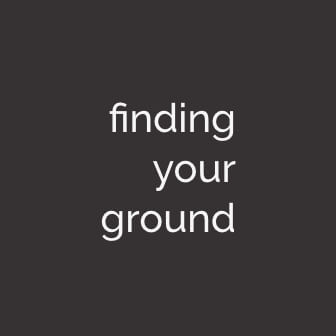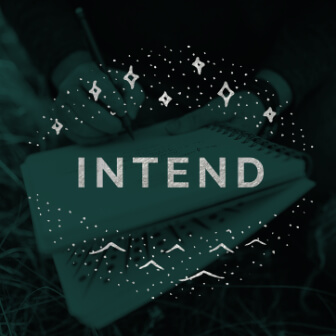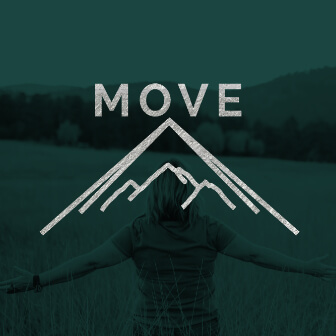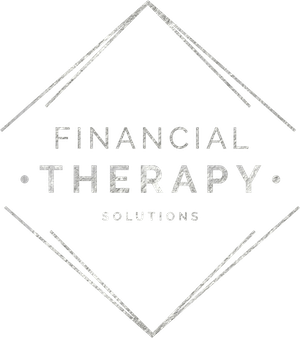It looks like nothing was found at this location. Maybe try a search?
Recent Posts
Most Used Categories
- financial therapy (23)
- financial stress (10)
- money and relationships (8)
- recommended reading (7)
- decision making (6)
- food and money relationships (3)
- eating disorders (2)
Archives
Try looking in the monthly archives. 🙂
Tags
abundant compassionate curiosity
breathe intend move
communication
compassionate curiosity
couples financial therapy
covid-19
disorders
eating decisions
finances
financial a-team
financial self care
financial stress
financial success
financial therapist
financial therapy
financial therapy journal
financial trauma
food and money
givers
giving
holidays
holiday shopping
journaling
Money and Food Connection
money confidence
money milestones
money mindset
money mindset shift
money numbers
money snapshot
money story
money stress
professional money life
relationship with money
scarcity mindset
small business owners
The Pledgettes
wealth
wealth transfer
zero judgment
 [testimonials_slider no_cache=true random=true paging=true]
[testimonials_slider no_cache=true random=true paging=true] 



